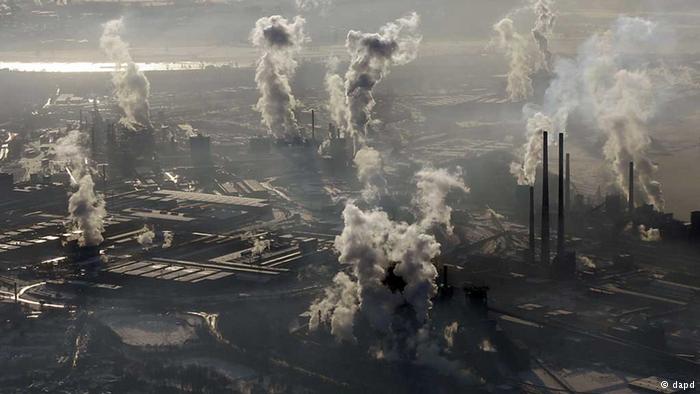Hydrofluorocarbons, which replaced ozone-depleting CFCs, proved disastrous for climate change. Countries have now agreed to ban HFCs – but that may not bring as big a climate benefit as was hoped.
It’s a historic achievement in the fight against global warming: Envoys from the nearly 200 nations signed up to the Montreal Protocol gathered at a high-level meeting in the Rwandan capital Kigali last week managed on Saturday (15.10.2016) to strike a crucial deal to phase out the use of hydrofluorocarbons (HFCs), which act as potent greenhouse gases. This agreement was initially understood to prevent a 0.5 degree Celsius (0.9 degree Fahrenheit) increase in global warming by the end of the century. Although … continue reading










